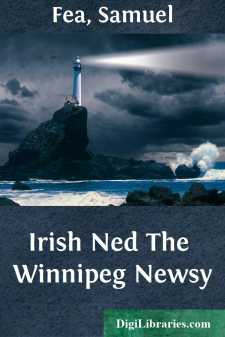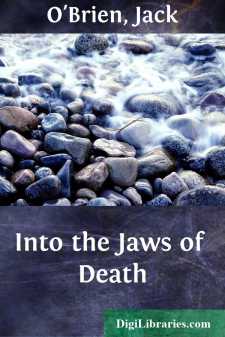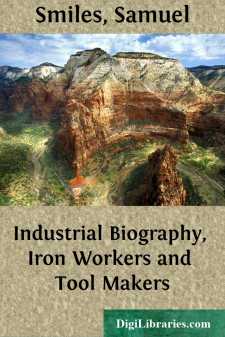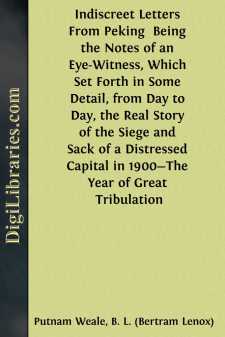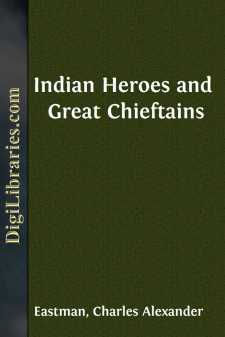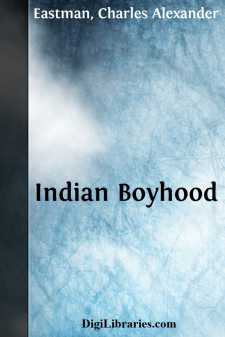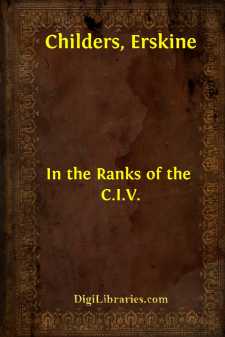Biography & Autobiography
- Adventurers & Explorers 15
- Artists, Architects, Photographers 16
- Business 2
- Composers & Musicians 14
- Criminals & Outlaws 5
- Editors, Journalists, Publishers 6
- Educators 1
- Entertainment & Performing Arts 3
- General 73
- Health, Exercise & Fitness 1
- Historians 3
- Historical 83
- Law Enforcement 1
- Lawyers & Judges 3
- Literary 147
- Medical 7
- Military 48
- Naturalists, Gardeners, Environmentalists 8
- Personal Memoirs & Diaries 226
- Philosophers 3
- Political 9
- Presidents & Heads of State 38
- Religious 38
- Rich & Famous 27
- Scientists 13
- Women 31
Biography & Autobiography Books
Sort by:
CHAPTER I EARLY DAYS—MEETS JOHNSON. 1740-1763'Behind yon hills, where Lugar flows.'—Burns. 'Every Scotchman,' says Sir Walter Scott, 'has a pedigree. It is a national prerogative, as inalienable as his pride and his poverty. My birth was neither distinguished nor sordid.' What, however, was but a foible with Scott was a passion in James Boswell, who has on numerous...
more...
Chapter I To the general reader the Celtic Renaissance was a surprise, and even to Irish writers deeply interested in their country the phenomenon or movement, call it which you will, was not appreciated as of much significance at its beginning. Writing in 1892, Miss Jane Barlow was not hopeful for the immediate future of English literature in Ireland;—it seemed to her "difficult to point out any...
more...
by:
Samuel Fea
CHAPTER I. "Free Press! T'bune! Telegram! Papers, sir? Three for a nickel! Press, T'bune and Telegr-r-r-ra-m-m-m-m!" It was a hot afternoon in August, at the corner of Portage Avenue and Main Street, the busiest thoroughfare in the busy city of Winnipeg, now at its busiest and noisiest; but above the noise and din of traffic rose shrill and clear the persistent cry of "Press,...
more...
by:
Jack O'Brien
FOREWORD Having been asked by the Author of this Book, No. 73,194 Private Jack O'Brien of the 28th Northwest Battalion, to write a few words as an introduction to the story which he is placing before the public, it gives me much pleasure to do so. The 6th Canadian Infantry Brigade raised and organized from the four western provinces of Canada has done its share and at the time of writing it is...
more...
by:
Samuel Smiles
CHAPTER I. IRON AND CIVILIZATION. "Iron is not only the soul of every other manufacture, but the main spring perhaps of civilized society."—FRANCIS HORNER. "Were the use of iron lost among us, we should in a few ages be unavoidably reduced to the wants and ignorance of the ancient savage Americans; so that he who first made known the use of that contemptible mineral may be truly styled...
more...
I 12th May, 1900. ... The weather is becoming hot, even here in latitude 40 and in the month of May. The Peking dust, distinguished among all the dusts of the earth for its blackness, its disagreeable insistence in sticking to one's clothes, one's hair, one's very eyebrows, until a grey-brown coating its visible to every eye, is rising in heavier clouds than ever. In the market-places,...
more...
RED CLOUD EVERY age, every race, has its leaders and heroes. There were over sixty distinct tribes of Indians on this continent, each of which boasted its notable men. The names and deeds of some of these men will live in American history, yet in the true sense they are unknown, because misunderstood. I should like to present some of the greatest chiefs of modern times in the light of the native...
more...
I. Hadakah, "The Pitiful Last" WHAT boy would not be an Indian for a while when he thinks of the freest life in the world? This life was mine. Every day there was a real hunt. There was real game. Occasionally there was a medicine dance away off in the woods where no one could disturb us, in which the boys impersonated their elders, Brave Bull, Standing Elk, High Hawk, Medicine Bear, and the...
more...
by:
P. H. Kritzinger
CHAPTER I. ANTECEDENTS.The child is father to the man;And I could wish my days to beBound each to each by natural piety. Wordsworth. A few preliminary pages of personal history I offer to those who followed me either in thought or deed during the Anglo-Boer War. My ancestors were Germans; my grandfather was born in the South. About the year 1820 he, along with two brothers, bade farewell to the land of...
more...
by:
Erskine Childers
CHAPTER I. THE "MONTFORT." A wintry ride—Retrospect—Embarkation—A typical day—"Stables" in rough weather—Las Palmas—The tropics—Inoculation—Journalism—Fashions—"Intelligent anticipation"—Stable-guard—Arrival. With some who left for the War it was "roses, roses, all the way." For us, the scene was the square of St. John's Wood Barracks at 2...
more...




